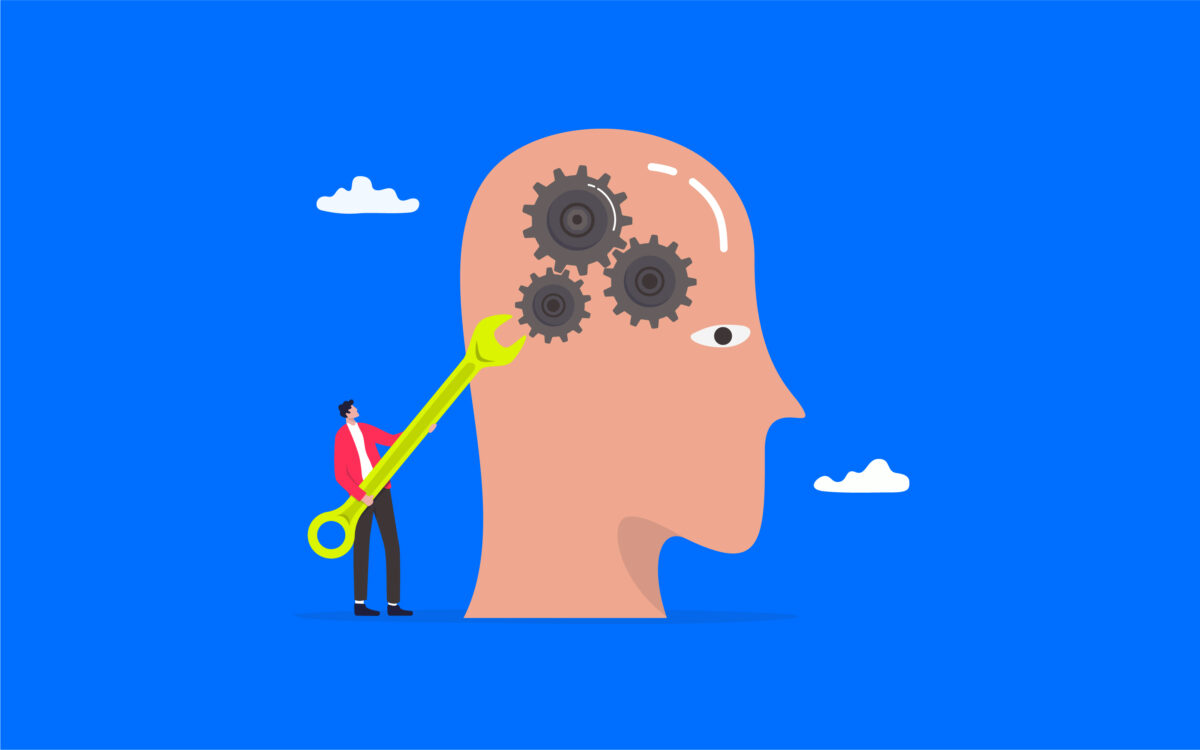Effective Mental Health Services: Solutions for Every Situation
Effective Mental Health Services: Solutions for Every Situation
Blog Article
Checking Out the Connection Between Nutrition and Mental Health Enhancement
The ramifications of our nutritional selections on psychological health have been significantly recognized by health specialists and researchers alike. As we navigate the complex landscape of contemporary way of lives, uncovering the nuanced relationship between nourishment and psychological wellness improvement may hold the secret to unlocking a much deeper understanding of our psychological and cognitive resilience.
Impact of Food on Mood
The connection between nutritional options and state of mind regulation is a vital element of recognizing the impact of food on mental well-being. Study has actually revealed that certain foods can influence neurotransmitter task, affecting state of mind and psychological states. For example, foods abundant in omega-3 fats, such as fatty fish, walnuts, and flaxseeds, have been linked to reduced prices of depression and enhanced state of mind regulation.
Additionally, complicated carbohydrates found in entire grains, fruits, and veggies can help control blood sugar level degrees, which subsequently can have a favorable impact on state of mind security. On the other hand, diets high in refined foods, sugar, and saturated fats have been linked with an enhanced danger of clinical depression and state of mind problems.
In addition, the gut-brain connection plays a considerable duty in state of mind regulation. The intestine microbiome, influenced by the foods we consume, can communicate with the brain via the gut-brain axis, influencing mood, stress levels, and general mental health. For that reason, making healthy and conscious nutritional choices is necessary for preserving a healthy and balanced and balanced mood.

Crucial Nutrients for Anxiousness

Moreover, the amino acid tryptophan, located in foods like turkey, eggs, and nuts, is a precursor to serotonin production, a natural chemical known for its function in advertising feelings of calmness and wellness. Vitamin B complex, specifically B6 and B12, are also crucial for maintaining a healthy worried system and may help in reducing anxiety symptoms.
Incorporating these important nutrients right into a healthy diet plan can have a favorable effect on taking care of anxiety and enhancing general psychological health.
Dietary Techniques for Anxiety

One dietary technique for managing clinical depression is focusing on foods rich in omega-3 fats, such as fatty fish, flaxseeds, and walnuts. Omega-3 fatty acids have actually been connected to minimizing inflammation in the brain and boosting natural chemical function, which can favorably impact state of mind. Additionally, boosting the consumption of fruits, veggies, entire grains, and lean healthy proteins while decreasing the consumption of processed foods and sugars may help in reducing depressive signs and symptoms.
Additionally, maintaining appropriate levels of vitamin D, either with sunlight exposure or supplements, is essential for sustaining mental health and wellness. Vitamin D shortage has actually been connected with a raised danger of clinical depression, making it important to make certain sufficient consumption of this nutrient. By incorporating these nutritional approaches, individuals might effectively match traditional therapies for clinical depression and improve their general well-being.
Gut-Brain Axis and Mental Wellness
Concentrating on the detailed connection between the intestinal system and psychological wellness, the Gut-Brain Axis plays a critical duty in influencing cognitive functions and emotional wellness. The Gut-Brain Axis is a bidirectional interaction network in between the central nerve system and the enteric nerves, connecting the emotional and cognitive centers of the brain with peripheral intestinal functions. This axis is controlled by a detailed interaction of neural, immune, endocrine, and metabolic paths.
Research suggests that the composition of like it intestine microbiota, the varied area of microbes staying in the gastrointestinal tract, can have a profound influence on psychological wellness. Inequalities in intestine microbiota, referred to as dysbiosis, have actually been associated with conditions such as depression, anxiety, and even neurodegenerative diseases. Moreover, the digestive tract microbiota plays an essential role in the production of neurotransmitters like serotonin, which is important for regulating state of mind and psychological responses.
Maintaining a healthy and balanced gut microbiota via a balanced diet abundant in fiber, fermented foods, and probiotics is vital for supporting psychological wellness (Mental Health Services). Methods focused on maximizing the Gut-Brain Axis use promising methods for enhancing psychological wellness and cognitive feature
Nutrition's Duty in Cognitive Function
Offered the substantial influence of the Gut-Brain Axis on mental health, recognizing how nourishment impacts cognitive function comes to be vital in advertising general health. Nutrition plays a critical function in cognitive feature by supplying necessary nutrients that support mind wellness and optimal performance.
Trick nutrients such as omega-3 fatty acids, vitamins, minerals, and antioxidants are understood to boost cognitive abilities, consisting of memory, emphasis, and analytic skills. Omega-3 fatty acids, located in fatty fish like salmon and nuts, have actually been connected to enhanced memory and cognitive feature. Antioxidants, abundant in vegetables and fruits, help secure mind cells from damages triggered by complimentary radicals, hence preserving cognitive function.
Additionally, a well balanced diet regimen rich in whole grains, lean proteins, fruits, and vegetables can favorably influence cognitive feature by maintaining blood sugar levels and providing continual power to the mind. Conversely, diets high in processed foods, saturated fats, and sugars have been related to cognitive decrease and impaired brain function. Consequently, making educated dietary options is essential for maintaining optimal cognitive feature and total psychological health.
Conclusion
Finally, the relationship in between nourishment and mental health and wellness is complex and complicated. The effect of food on mood, essential nutrients for anxiousness, nutritional methods for clinical depression, the gut-brain axis, and nutrition's role in cognitive function all play essential roles in mental health. Understanding the link in between nutrition and psychological wellness enhancement is necessary for promoting total health and dealing with mental wellness concerns. More research study and awareness in this location are required for progressing treatments and interventions.
The ramifications of our nutritional choices on mental well-being have been significantly recognized by wellness professionals and scientists alike. As we navigate the facility landscape of modern way of lives, revealing the nuanced relationship between nourishment and mental health enhancement might visit this page hold the trick to unlocking a deeper understanding of our psychological and cognitive durability.
Building upon the crucial nutrients that support psychological health, particularly in managing stress and anxiety disorders, the emphasis currently moves in the direction of examining dietary strategies for dealing with clinical depression.Focusing on the complex connection visit here in between the stomach system and psychological health, the Gut-Brain Axis plays a critical function in influencing cognitive features and emotional well-being (Mental Health Services). Comprehending the connection in between nutrition and mental health improvement is vital for advertising overall health and attending to mental health problems
Report this page